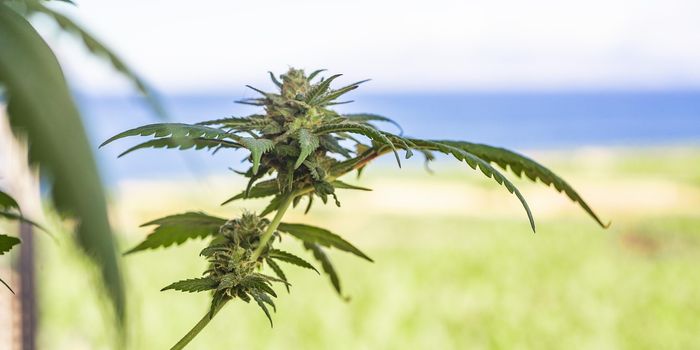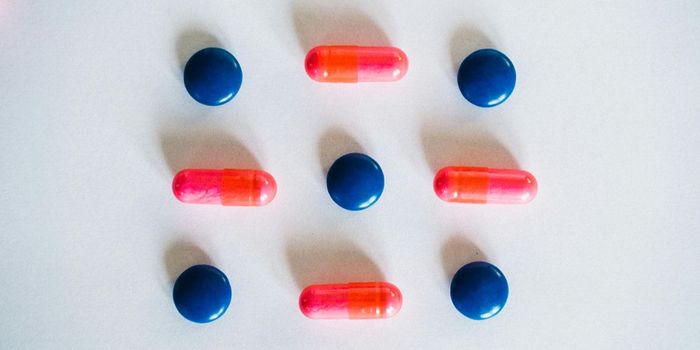There are plenty of ways exercise improves brain health. It boosts mood, contextual memory, and the ability to distinguish objects and patterns.
Now, a new study shows that exercise also increases neurogenesis, the development and growth of neurons in the adult brain. Neurons are specialized cells within the nervous system that play an important role in learning and memory. There are about 100 billion neurons in the average human brain, and they specialize in transmitting information to other nerve cells, muscle, or gland cells.
To study the impact of exercise on learning and memory, researchers at the University of Basel tested two groups of 8-week old adult female mice. They housed one group without running wheels and the other group with running wheels for 2 to 3 weeks before analyzing their behavior.
Mice prefer to spend more time with novel objects than familiar ones. So, the researchers used a novel object recognition task to evaluate long-term memory and learning. They exposed the mice to two identical black or white objects, either two cones or two pyramids. Then, after an hour and a half, they replaced one of the objects with a new one; a cone for a pyramid or vice versa. After 24 hours, the scientists swapped the new objects again. They replaced them with either an object of the same color, but different shape (similar object), or an object of a different color and shape (distinct object). Both groups recognized the objects of a different color and shape. However, the scientists could only depend on the running group of mice to recognize the objects that were the same color, but a different shape.
To investigate further, the researchers analyzed the mice’s brains. They found that the running mice developed about twice as many neurons in their hippocampus than the inactive mice. Of its many functions, the hippocampus plays an important role in both long and short-term memory. In addition, the newly generated neurons had significantly longer dendrites than the neurons in the sedentary mice. Dendrites are tiny branches at the ends of neurons that receive nervous system signals from other neurons.
The research ultimately shows that the increased production of neurons, due to exercise, improves pattern separation by allowing the mice to have unique and detailed long-term memories that allow them to differentiate different experiences. This type of pattern separation is involved in many tasks of everyday life. "For example, when learning the game of chess, it is important to remember the different shapes of [the] pieces,” says neuroscientist Josef Bischofberger, the lead investigator. It is additionally important to remember the chess plays that have previously served you well in the opening and endgame. Remembering the precise patterns may decide who will win or lose, Bischofberger explained.
Increasing neurogenesis could be a potential treatment for disorders that benefit from improving brain-based skills, such as Alzheimer’s disease. Researchers now need to figure out the specific role the new neurons play.
The
study was published in the first issue of the journal
Brain Plasticity.
Source:
Published study via
IOS Press,
IOS Press Release via
Science Daily









